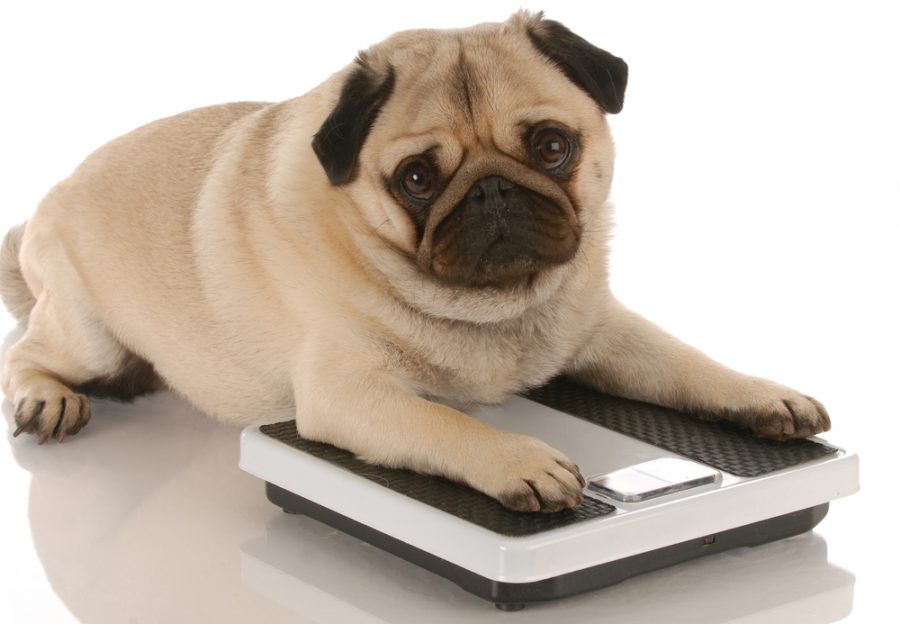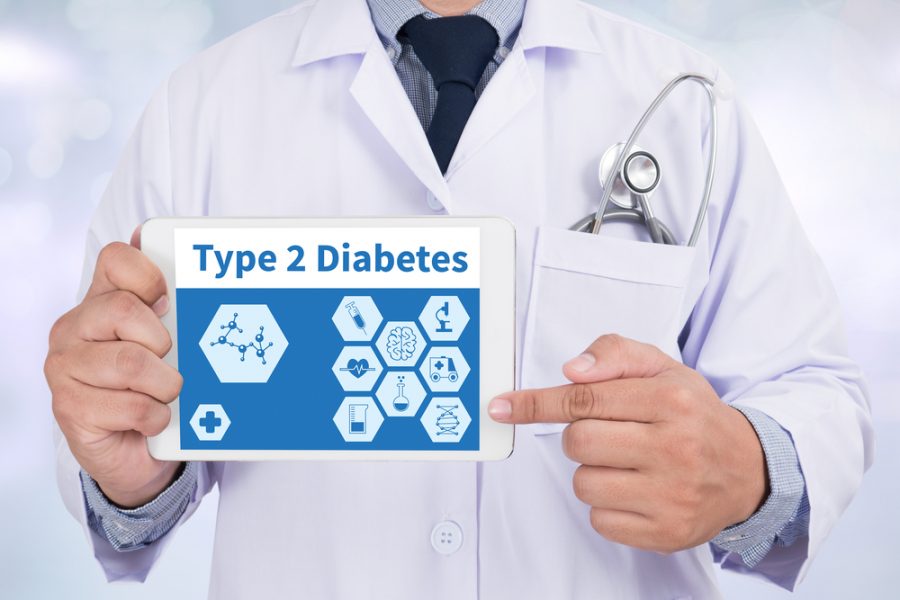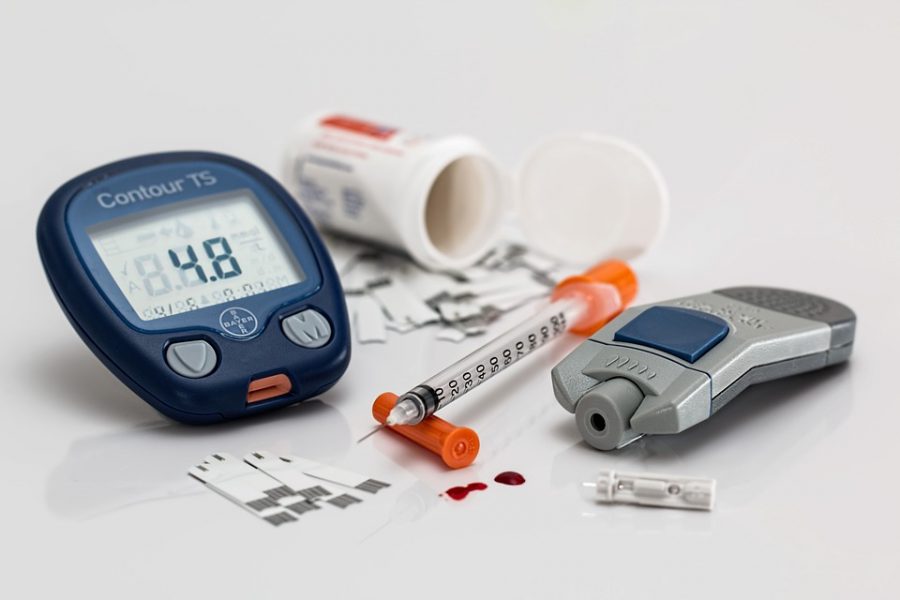Low Blood Sugar Symptoms

Hypoglycemia, also called low blood sugar, may be dangerous. Low blood sugar isn’t necessarily a symptom of diabetes, but it can happen as the diabetic seeks to control his or her blood sugar levels.
When the diabetic takes oral medicines or insulin to increase the amount of insulin (or the body’s ability to use available insulin), taking too many medicines, too much exercise, skipping meals, or eating much less than normal, low blood sugar can result.
What are the Symptoms of Low Blood Sugar?
Hypoglycemia can happen suddenly. Some of the symptoms of low blood sugar may include:
- Blurred vision
- Headache
- Tachycardia (rapid heartbeat)
- Hunger
- Mood swings
- Skin pallor
- Shaking
- Nervousness
- Dizziness
- Tingling skin
- Sweatiness
- Sleep interruptions
- Concentration difficulties or “brain fog”
- Fainting, seizure, or coma
Low blood sugar may be a medical emergency. Individuals with hypoglycemia might not know their blood sugar is low. If you’re suffering with hypoglycemia, it’s possible for the blood sugar to drop without your awareness that it’s happening.
Without treating hypoglycemia immediately, it’s possible to faint, have a seizure, or go into a coma. It’s important to drink or eat at least 15 grams of carbohydrates right away, such as 1) four ounces of sugary soda or juice, 2) one tablespoon of table sugar, 3) four or five saltine crackers, or 4) several glucose tablets or pieces of hard candy.
Severe Symptoms of Low Blood Sugar
Hypoglycemia can result in severe symptoms, such as unconscious. In that case, it’s crucial to give the hypoglycemia individual a medicine called glucagon as soon as possible and to contact emergency medical services right away. Of course, don’t give an unconscious individual anything by mouth. This could cause choking.
It’s important to consult a physician if you’re at risk of hypoglycemia. He or she can write a prescription for glucagon.
Low Blood Sugar Causes
Hypoglycemia may occur for several reasons. It’s often one of the side effects of diabetes control and treatment.
Low blood sugar and diabetes
Diabetes is a disease that affects the body’s use of insulin. Insulin is like a key that unlocks the body’s cells, allowing them to absorb glucose for energy. Diabetics use a range of treatments to support their bodies’ use of blood glucose, including insulin or oral medicines that increase the production of insulin:
- Low blood sugar can happen because of the medicines you take, not eating enough, eating a meal later than usual (but taking medicines at the usual time), or skipping a meal.
- Too much physical exercise without consuming enough food or drink can also result in low blood sugar.
- Consuming alcoholic beverages while you’re taking diabetes medicines can also result in low blood sugar—especially when the diabetic drinks alcohol instead of eating food.
- It’s more difficult for the diabetic’s body to get rid of alcohol. Alcohol can make it more difficult for the diabetic to manage blood sugar levels.
Other low blood sugar causes
Other people experience low blood sugar, including:
- Some medicines
- Certain medical conditions, such as kidney disease or hepatitis
- An insulin-producing tumor
- Endocrine disease, such as adrenal deficiency
How Low Blood Sugar is Diagnosed
If you’re a diabetic, you may already have a blood glucose meter. If you’re not a diabetic but suspect hypoglycemia, it’s important to ask your doctor to check your blood sugar levels.
Discuss suspected low blood sugar with a doctor if you don’t have diabetes. If you experience low blood sugar symptoms regularly, such as several times a week, you need to know why. Your endocrinologist or internist will take your medical history, ask about your dietary habits, and learn more about the low blood sugar symptoms of concern. The doctor uses <i>Whipple’s Triad</i> to confirm and diagnose low blood sugar, including:
- The signs or symptoms of low blood sugar. You may be asked to fast for a period of time to allow the doctor to confirm and observe hypoglycemia symptoms.
- The disappearance of symptoms and signs of low blood sugar. The physician will inquire about when the symptoms or signs of low blood sugar resolve. He or she will ask if raising your blood sugar levels helps.
- The documentation of signs and symptoms of low blood sugar. The doctor will order lab tests to evaluate your low blood sugar.
Blood glucose meter
After your doctor diagnoses low blood sugar, you may need a blood glucose meter to track blood sugar levels throughout the day at home. The doctor will provide instructions about how to test blood glucose levels during the day, such as on rising in the morning or after eating a meal.
Low blood sugar symptoms tend to worsen if left untreated. Contact your doctor if you’re diabetic and have low blood sugar symptoms often or if you experience low blood sugar symptoms and aren’t diabetic.


